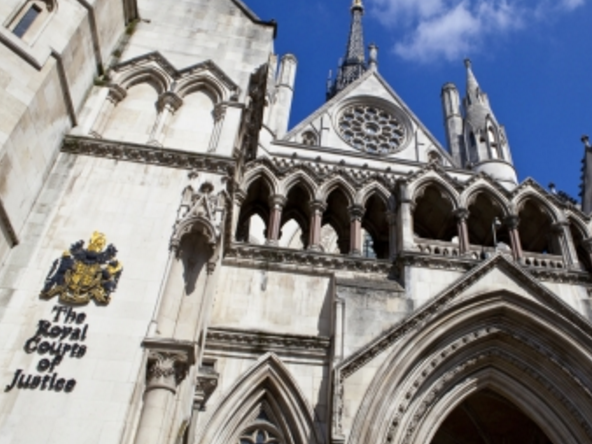
A judge has banned the media from identifying four men at the centre of a civil case about child sexual exploitation in Rotherham after he was told that naming them could lead to the “jigsaw identification” of the teenage girl involved.
The four men had been subject to interim injunctions imposed in the Family Division of the High Court banning them from contact with the girl because Rotherham Council believed she was being sexually exploited.
But, at a later hearing in Leeds, the council told a judge who was to hear its substantive application for permanent injunctions that it was no longer pursuing the matter.
Despite this move, The Times argued that media should be able to name the four men, partly due to the huge public interest in child sexual exploitation.
The newspaper opposed an application by both Rotherham Council and South Yorkshire Police for a reporting restriction order (RRO) banning the identification of the four men for their lifetimes.
The police and the council applied for this as part of a broader RRO – not opposed by The Times – to grant lifelong anonymity to the girl involved, referred to as Child G.
Cathryn McGahey QC, for the police, and Frances Heath QC, for Rotherham Council, both said their central concern was a jigsaw identification.
Calling two police officers – Detective Sergeant Jamie Henderson and Detective Chief Inspector Craig Jackson – to give evidence, both counsel argued that the only thing that linked all four men was their involvement with the girl.
Both barristers argued that the fact the court had made no findings whatsoever against the four men was also a relevant factor.
Keina Yoshida, for The Times, emphasised that the media had no wish to name the girl involved and did not oppose any order being made in relation to anonymity for her.
But the application relating to the four men was a request for the judge to impose an “inappropriate and draconian order”, Ms Yoshisa said, telling Mr Justice Cobb: “This concerns a subject of great public importance.
“What you’re being asked to do is exceptional”.
The judge said an “unusual aspect of this case” was that the police and council was asking for lifelong protection for the men.
He said he had to consider “five particular magnetic factors”.
These were that none of the four men has been convicted of any wrongdoing and no civil findings had been made against them; that the interim injunctions were not being renewed; that if these were criminal proceedings then 2015 Home Office Guidance might offer some protection as to their anonymity prior to any conviction; the danger of “jigsaw idenficiation” of Child G; and concern that Child G could face recriminations from the men if they were named.
The judge concluded: “There is a significant public interest in the investigation and detection of child sexual exploitation, in the state’s protection of its victims, and in the prosecution of those who perpetrate it.
“There is national public interest in the incidence (indeed the prevalence) of this crime in the area of Rotherham. For this reason, I decided that it would be right to hold the final hearing of these applications in public, and to name the relevant council.
“I have no doubt that the media have an important part to play in raising public awareness of this particular type of offence, and in reporting on the court’s approach to it.”
But he said: “She (Child G) is an extremely vulnerable young person.
“It would be devastating to her to be named publicly in the press as the subject of this application, and a strong deterrent to other young people who may consider coming forward to report offending of this type.
“Having listened carefully to the evidence of the relevant senior officers, I am satisfied that if I named the associated males, Child G would be quickly identified in the local community in which she lives.
“That is sufficient on its own to justify the anonymity of the four males.
“However, quite apart from that factor, I have reached the firm conclusion that there is no true public interest in naming the four associated males, against whom, in the end, no findings have been sought or made.”
The the fact that there were no findings of wrongdoing against the men meant the situation was different from the similar case in 2014 when a judge granted injunctions against 10 men to keep them away from a teenage girl in Birmingham, allowing them to be named, the judge added.
Email pged@pressgazette.co.uk to point out mistakes, provide story tips or send in a letter for publication on our "Letters Page" blog
